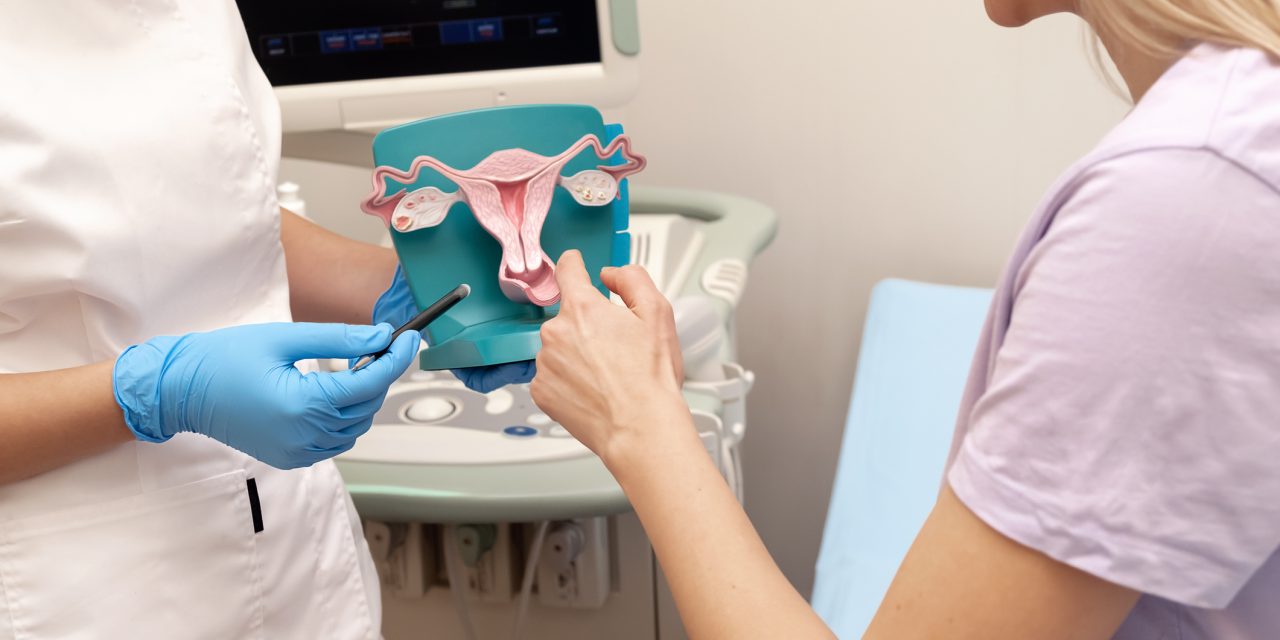Triple-negative breast cancer (TNBC) is highly aggressive and causes a higher proportion of metastatic cases. However, therapies directed to specific molecular targets have rarely achieved clinically meaningful improvements in the outcome of TNBC therapy. A urokinase-type plasminogen activator (uPA), one of the best-validated biomarkers of breast cancer, is an extracellular proteolytic serine protease involved in many pathological and physiological processes, including tumor cell invasion and metastasis. Nafamostat mesylate (NM) is a synthetic compound that inhibits various serine proteases and has been used as a therapeutic agent for the treatment of TNBC. Nevertheless, NM has poor specificity for serine proteases and is easy be hydrolyzed; moreover, the inhibitory mechanism of TNBC therapy is unclear. In this study, we combine NM with a macromolecular drug delivery vehicle, mouse amino-terminal fragment of urokinase-human serum albumin (mATF-HSA), to form a complex (mATF-HSA:NM) using the dilution-incubation-purification method. mATF specifically targets uPAR overexpressed on the surface of TNBC cells; moreover, HSA prevents NM from being hydrolyzed by numerous serine proteases. mATF-HSA:NM showed stronger inhibitory effects on the proliferation and metastasis of TNBC in vitro and in vivo without significant cytotoxicity on normal cells and tissues. In addition, we demonstrated that NM mediates metastasis of TNBC cells through inhibition of uPA using a stable uPA knockdown cell line (MDA-MB231 shuPA). Overall, we have developed a macromolecular complex targeted to treat high uPAR-expressing tumor types, and mATF-HSA can potentially be used to load other types of drugs with tumor-targeting specificity for mouse tumor models and is a promising tool to study tumor biology in mouse tumor models.
Nafamostat Mesylate in Combination with the Mouse Amino-Terminal Fragment of Urokinase-Human Serum Albumin Improves the Treatment Outcome of Triple-Negative Breast Cancer Therapy.


